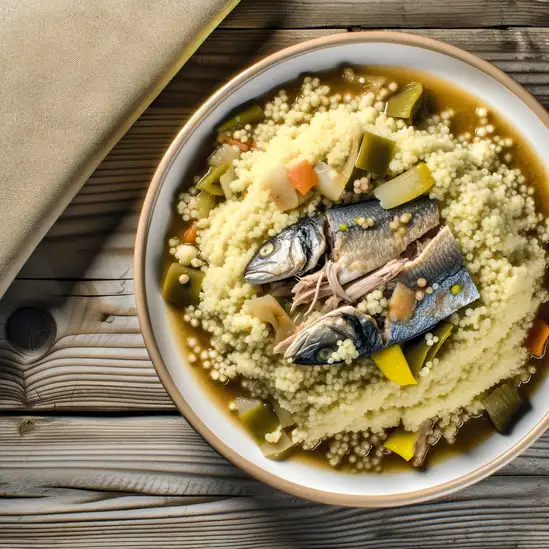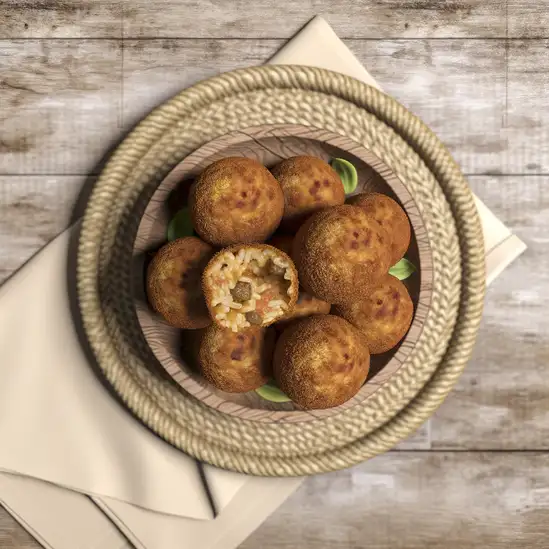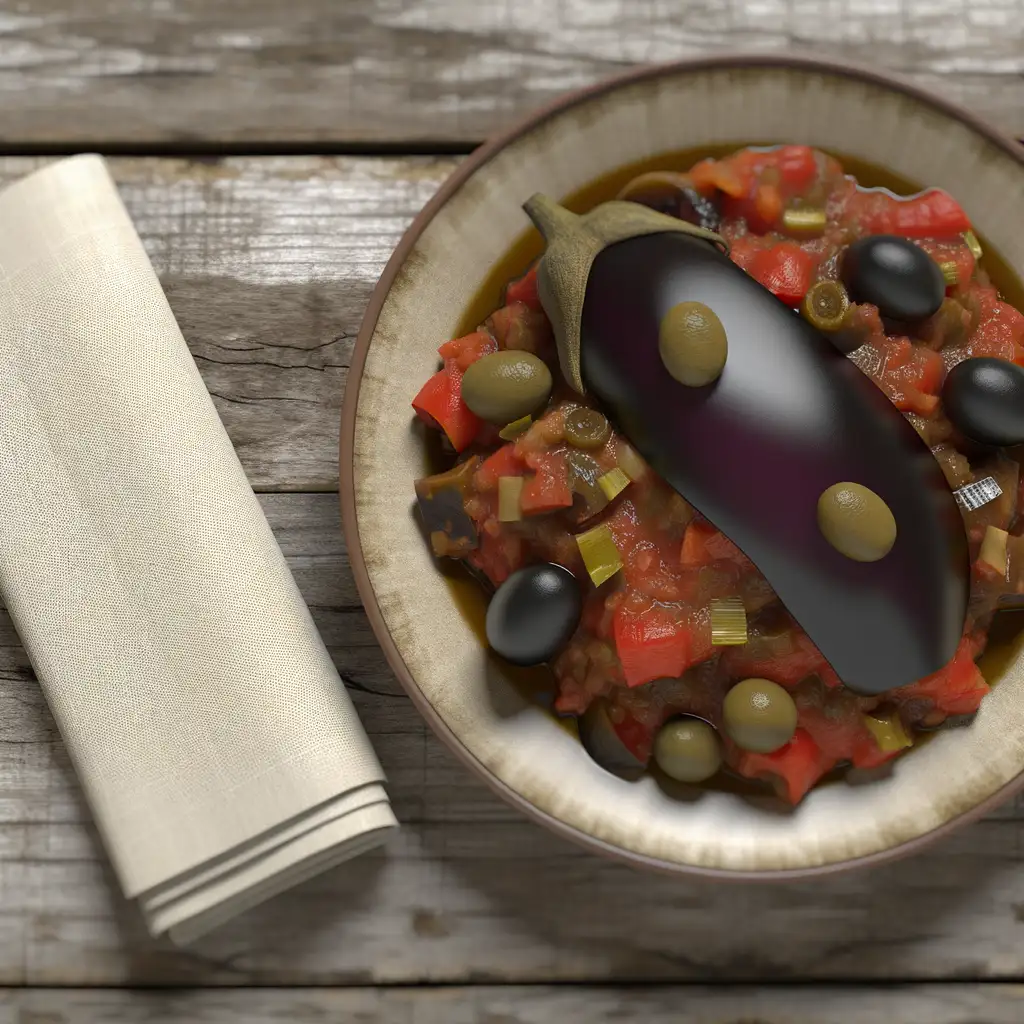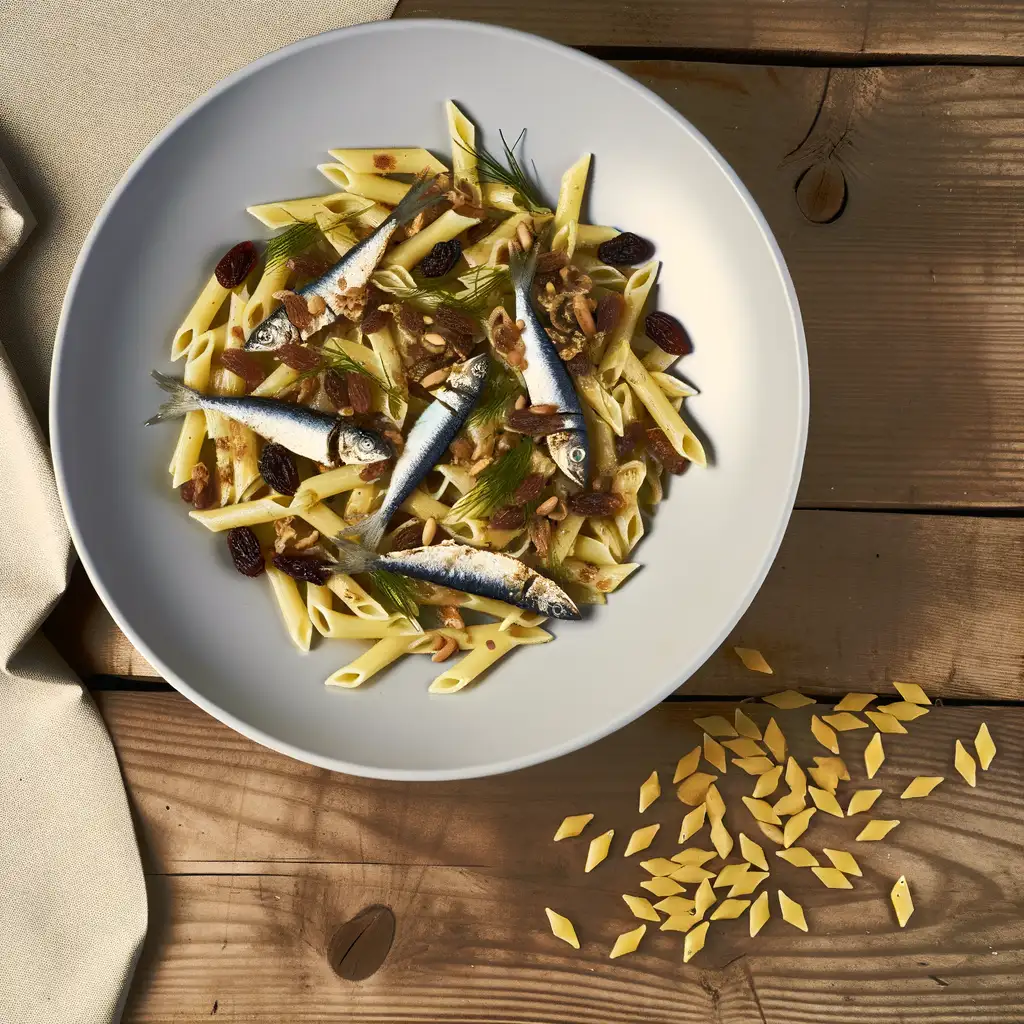



If you ever find yourself wandering through Sicily,Marsala is one of those places that wraps around you like a warm,familiar blanket. The moment you step into its sun-drenched streets,there’s this gentle hum of history mixed with the salty breeze from the nearby sea. You’ll notice the soft ochre and terracotta buildings,their walls whispering stories of ancient Phoenicians and bold seafarers. It’s a city that feels lived-in,where every corner café spills out laughter and the clinking of glasses filled with the famous Marsala wine. Walking along the harbor,you can almost taste the Mediterranean in the air—briny,fresh,and alive. Fishermen unload their catch,and the scent of grilled swordfish mingles with the aroma of freshly baked bread from nearby bakeries. The pace here is unhurried,inviting you to slow down and savor moments,whether it’s a leisurely espresso in the morning sun or a sunset stroll by the salt pans,where pink-hued waters shimmer like a dream. Marsala’s charm lies in its blend of rugged authenticity and warm hospitality. The locals are proud but approachable,eager to share a story or recommend a family-run trattoria where you can dive into rich,soulful Sicilian dishes. It’s a place where history,culture,and the simple pleasures of life come together,making you feel like you’ve discovered a little piece of timeless Italy.
The information on this page is currently being reviewed by Tripkliq and should be used as a guide only
Eng word: Hello
Eng pronunciation: chow
Local language: Ciao
Eng word: Goodbye
Eng pronunciation: ah-ree-veh-DEHR-chee
Local language: Arrivederci
Eng word: Thank you
Eng pronunciation: GRAH-tsee-eh
Local language: Grazie
Eng word: How much
Eng pronunciation: KWAN-toh KOH-stah
Local language: Quanto costa
Eng word: Toilet
Eng pronunciation: BAHN-yo
Local language: Bagno
Eng word: Help me
Eng pronunciation: ah-YOO-tah-mee
Local language: Aiutami
Eng word: Yes
Eng pronunciation: see
Local language: Sì
Eng word: No
Eng pronunciation: noh
Local language: No
Eng word: Excuse me
Eng pronunciation: SKOO-zee
Local language: Scusi
Marsala was founded by the Phoenicians in the 8th century BC. Originally named Lilybaeum, it served as a strategic port and trading hub in the Mediterranean.
In 241 BC, Marsala was conquered by the Romans after the First Punic War. The city became an important Roman colony and played a significant role in the Roman Empire's expansion.
During the 9th century, Marsala was under Arab rule. The Arabs introduced advanced agricultural techniques and left a lasting impact on the city's architecture and culture.
In the 11th century, Marsala came under Norman control. The Normans fortified the city and built several churches, contributing to its architectural heritage.
On May 11,1860, Giuseppe Garibaldi landed in Marsala with his 'Thousand' (I Mille) to begin the campaign for Italian unification. This event is a significant milestone in Italian history.
Marsala is world-renowned for its fortified wine, which was first produced in the late 18th century. The wine's unique flavor and quality have made it a favorite among connoisseurs.
The central square of Marsala, Piazza della Repubblica, is a historical and cultural hub. It features the beautiful Chiesa Madre and the Palazzo VII Aprile, both significant landmarks.
This archaeological museum houses the remains of a Punic warship and numerous artifacts from Marsala's ancient past, offering a glimpse into the city's rich history.
The Stagnone Lagoon, located near Marsala, is famous for its salt pans and windmills. It is also home to the ancient island of Mozia, an important archaeological site.
In Marsala, the most common Power Adaptor is Type C, Type F, Type L.







A traditional dish made with couscous and a variety of fresh fish, often served with a rich broth and vegetables.

Fried rice balls filled with a variety of ingredients such as meat, cheese, or vegetables, often served as a snack or appetizer.

A famous Sicilian dessert consisting of crispy pastry tubes filled with sweet ricotta cheese and often garnished with chocolate chips or candied fruit.

A sweet and sour eggplant dish made with tomatoes, celery, olives, and capers, often served as a side or appetizer.

A flavorful pasta dish made with sardines, fennel, pine nuts, and raisins, reflecting the Arab influence on Sicilian cuisine.

Grilled mackerel seasoned with local herbs and olive oil, showcasing the fresh seafood available in the region.

A traditional Sicilian bread topped with a variety of ingredients such as tomatoes, cheese, olives, and anchovies, perfect for a light meal or snack.
Palermo feels like stepping into a vibrant mosaic where every corner hums with life and history. The city’s energy is a mix of old-world charm and raw,bustling street scenes—imagine narrow alleys lined with colorful market stalls,the air thick with the scent of fresh citrus,roasting coffee,and salty sea breeze. As you wander,you’ll hear the lively chatter of locals bargaining over fresh fish and the distant melody of street musicians playing traditional Sicilian tunes. It’s a place where the past and present dance together effortlessly.
What really grabs you about Palermo is its character—gritty yet warm,chaotic yet inviting. The architecture tells stories of centuries,from the intricate Arab-Norman palaces to the baroque churches that seem to glow in the golden afternoon light. But it’s not just about sights; it’s the feeling of sitting at a tiny trattoria,savoring arancini that crackle with every bite or a plate of pasta alla Norma bursting with fresh tomatoes and ricotta salata,while the world buzzes around you.
Palermo’s soul is in its people and their love for life,food,and tradition. Whether you’re exploring the vibrant markets like Ballarò or soaking in the sunset over the Mediterranean from the ancient fortress walls,you’ll find a city that invites you to slow down,breathe deeply,and savor every moment. It’s messy,passionate,and utterly unforgettable.
If you ever find yourself wandering through Sicily,Trapani is one of those places that wraps you up in its salty sea breeze and never quite lets go. The moment you step into its old harbor,you’re greeted by the gentle clinking of fishing boats and the distant call of seagulls,a soundtrack that feels both timeless and alive. The sun casts a golden glow over the pastel buildings,and the narrow streets invite you to lose yourself in their maze-like charm. It’s a city that hums with quiet energy,where every corner seems to hold a story whispered by the waves.
Trapani’s character is deeply tied to the sea and the land. You can almost taste the Mediterranean in the air—the briny tang of fresh seafood mingling with the sweet aroma of citrus groves nearby. Sitting at a seaside trattoria,savoring a plate of couscous alla trapanese,you’ll understand why this city’s cuisine feels like a warm hug. The locals move with a relaxed confidence,proud of their fishing heritage and the centuries-old salt pans that shimmer like mirrors just outside town.
What makes Trapani truly special is its blend of history and everyday life. From the baroque churches to the lively markets,there’s a rhythm here that’s both ancient and immediate. Whether you’re watching the sunset paint the sky over the Egadi Islands or wandering through the vibrant streets during a festival,Trapani invites you to slow down,breathe deeply,and soak in a way of life that feels both genuine and unforgettable.
If you wander into Catania,you’ll immediately feel the city’s pulse—vibrant,a little wild,and utterly alive. Nestled at the foot of Mount Etna,this Sicilian city wears its history on its sleeve,with baroque buildings dusted in volcanic stone that seem to hum stories of centuries past. The streets buzz with the chatter of locals,the clatter of espresso cups,and the occasional call of street vendors selling fresh catch or fragrant citrus. There’s a raw energy here,a mix of old-world charm and everyday grit that makes you want to slow down and soak it all in.
Walking through the fish market,your senses come alive:the salty tang of the sea mingles with the sharp scent of lemon and the earthy aroma of fresh herbs. You’ll hear the lively bargaining,the laughter,and the rhythmic chopping of knives. Grab a granita—icy,sweet,and refreshing—and sit by the Piazza del Duomo,watching the world go by beneath the watchful gaze of the elephant fountain,a quirky symbol of the city’s resilience.
Catania’s character is a blend of fiery passion and warm hospitality. The people here are proud,fiercely connected to their roots,and eager to share their culture through food,music,and stories. Whether you’re savoring a plate of pasta alla Norma or wandering through narrow alleys lined with vibrant street art,you’ll find a city that invites you to experience Sicily in its most authentic,unpolished form.
If you ever find yourself wandering through Sicily,Taormina is one of those places that instantly wraps you in a warm,timeless embrace. Imagine strolling along narrow cobblestone streets lined with vibrant bougainvillea,the salty breeze from the Ionian Sea mingling with the scent of fresh espresso and blooming jasmine. The town perches dramatically on a hill,offering jaw-dropping views of the sparkling Mediterranean below and the majestic silhouette of Mount Etna in the distance. It’s a place where history and everyday life blend effortlessly—ancient Greek theaters sit just steps away from lively piazzas filled with locals chatting over glasses of rich Nero d’Avola wine.
What really struck me about Taormina was its rhythm. Mornings start slow,with the gentle clinking of cups and the soft murmur of shopkeepers setting up. By afternoon,the streets buzz with the laughter of children and the hum of scooters weaving through the maze of alleys. As the sun dips,the town transforms; terraces glow with candlelight,and the aroma of grilled seafood and fresh herbs drifts from trattorias. Sitting down to a plate of pasta alla Norma,with its smoky eggplant and tangy ricotta salata,feels like tasting the very soul of Sicily.
Taormina isn’t just a place to see—it’s a place to feel. It invites you to slow down,savor every moment,and soak in a culture that’s as rich and layered as the volcanic soil beneath your feet. Trust me,once you’ve experienced its charm,you’ll carry a piece of Taormina with you long after you leave.
Naples feels like stepping into a living,breathing storybook where every street corner hums with life and history. The city’s energy is raw and unfiltered—imagine narrow alleys bursting with the aroma of fresh espresso and wood-fired pizza,while the chatter of locals spills out from bustling cafés. It’s a place where the past and present collide beautifully:ancient ruins nestle beside vibrant markets,and baroque churches stand tall amid colorful,graffiti-splashed walls. Walking through Naples,you can almost taste the city’s soul in the salty sea breeze mingling with the scent of basil and ripe tomatoes.
What really grabs you is Naples’ character—bold,unapologetic,and fiercely proud. The people here have a warmth that’s instantly welcoming,whether they’re sharing stories over a slice of the world’s best Margherita pizza or guiding you to a tucked-away viewpoint overlooking the shimmering Bay of Naples. The city’s soundtrack is a lively mix of street musicians,church bells,and the occasional honk of scooters weaving through traffic,creating a rhythm that’s uniquely Neapolitan.
And then there’s the food—oh,the food! It’s not just a meal; it’s a celebration. From the first bite of a perfectly blistered pizza to the sweet,creamy delight of sfogliatella,every flavor tells a story. Naples invites you to slow down,savor the moment,and dive headfirst into its vibrant culture. Trust me,once you’ve wandered its streets and tasted its flavors,Naples stays with you long after you leave.
Imagine stepping into a place where every corner whispers stories of centuries past,yet pulses with a lively,modern heartbeat—that’s Valletta. The moment you wander through its narrow limestone streets,you’re wrapped in a warm embrace of history and life. The golden sunlight bounces off the honey-colored buildings,casting a glow that feels almost magical. You’ll hear the soft chatter of locals mingling in cozy cafés,the distant clink of glasses from bustling wine bars,and the gentle lapping of the Mediterranean against the harbor walls. It’s a city that invites you to slow down and savor the moment.
Valletta’s charm lies in its blend of grand and intimate. You can explore majestic Baroque churches and fortresses that stand proudly against the sky,then duck into a tiny bakery to inhale the sweet scent of freshly baked pastizzi. The air carries hints of sea salt mixed with the aroma of rich espresso and blooming bougainvillea. At sunset,the city transforms as the warm light softens the stone,and the streets fill with the hum of evening life—friends sharing plates of local cheese,olives,and sun-ripened tomatoes,paired with robust Maltese wine.
What makes Valletta truly special is its spirit—a resilient,welcoming energy shaped by its history as a crossroads of cultures. It’s a place where art,music,and tradition mingle effortlessly,inviting you to not just visit,but to feel connected. Trust me,once you’ve strolled its streets and tasted its flavors,Valletta stays with you long after you leave.
Scammers may install skimming devices on ATMs to steal card information from tourists withdrawing cash.
Marsala is famous for its wine, and scammers may sell fake or low-quality wine labeled as authentic Marsala wine to unsuspecting tourists.
Tourists may encounter vendors selling counterfeit or low-quality souvenirs, claiming they are handmade or locally produced when they are not.
Scammers pose as official tour guides and offer overpriced or low-quality tours, often providing incorrect or misleading information about Marsala's history and landmarks.
Some taxi drivers may overcharge tourists by not using the meter or taking unnecessarily long routes to inflate the fare.
Crowded areas, such as markets or tourist attractions, are hotspots for pickpockets who target distracted tourists.
Some restaurants may inflate bills by adding hidden charges, such as extra fees for bread, water, or service, without informing the customer beforehand.
Street performers may demand high fees after a performance, even if the tourist did not agree to pay beforehand.
The possession, use, and trafficking of illegal drugs are strictly prohibited in Marsala, Italy. Italy has stringent laws against drug-related offenses, and violations can result in severe penalties, including fines and imprisonment. Tourists should be aware that even small amounts of illegal substances can lead to legal consequences.
In Marsala, Italy, smoking is generally allowed in outdoor public spaces. However, smoking is prohibited in enclosed public places such as restaurants, bars, public transportation, and workplaces. There are designated smoking areas in some public places, and it is important to adhere to these regulations to avoid fines.
Vaping in Marsala follows similar regulations to smoking. It is prohibited in enclosed public spaces, including restaurants, bars, public transportation, and workplaces. Vaping is allowed in outdoor public spaces unless otherwise indicated by specific local regulations.
What are other people saying about Marsala?
Recent Social posts about Marsala
There is nothing to show you for now.